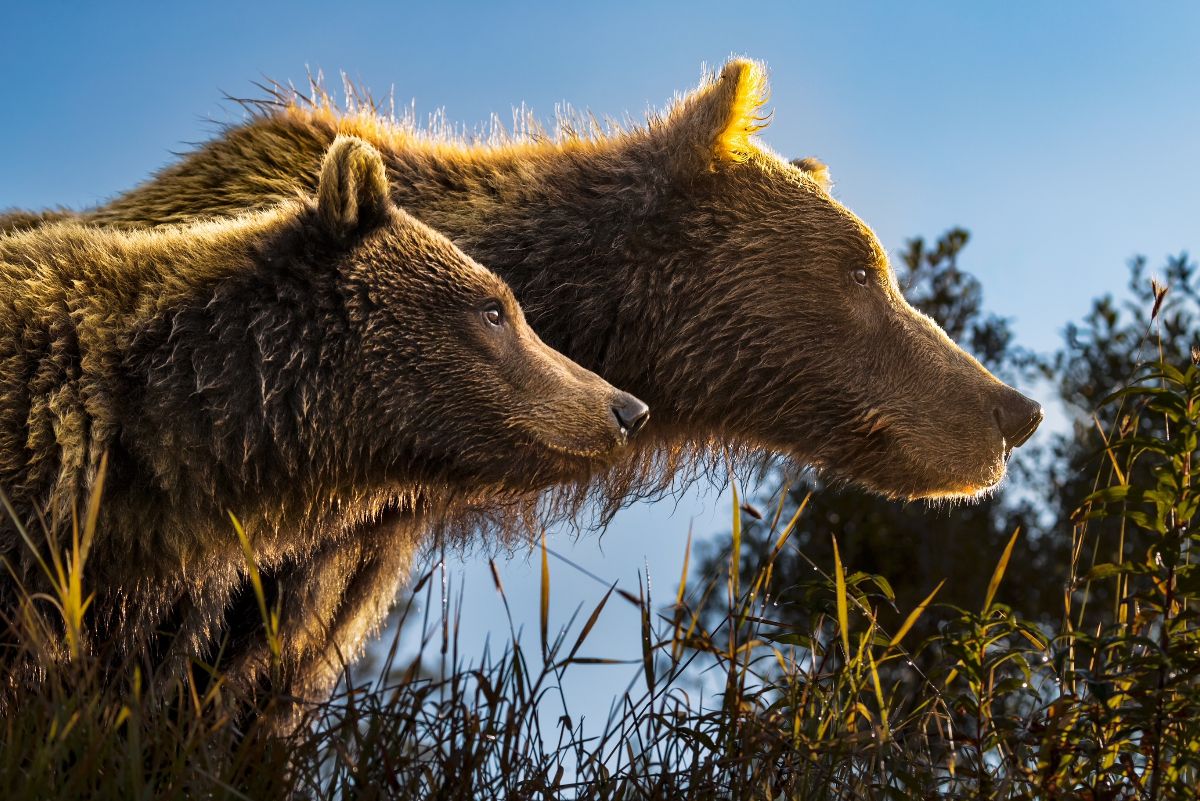Guest Post by Paul Nicklen | Love in the Animal Kingdom
This is a guest post by WWSG exclusive speaker, Paul Nicklen.
“For the animal shall not be measured by man. In a world older and more complete than ours, they move finished and complete, gifted with the extension of the senses we have lost or never attained, living by voices we shall never hear.” — Henry Beston
On more than one occasion, I have been accused of assigning human characteristics to animals– as if our species is the only one allowed to own or express emotions. There is, of course, a fine line between empathizing with another being versus projecting your own account onto others. I know this as a scientist, and I know this as a human being. Pain and healing, love and loss, these are experiences that vary drastically from person to person, let alone another species.
When we anthropomorphize animals, we run the risk of clouding the truth of their stories with our own assumptions. However, is it not also an assumption that animals are incapable of feeling as we do? Perhaps even more strongly than we could imagine? I would challenge us to reconsider humanity’s monopoly over emotion– especially when it comes to love.

Penguins at Floe Edge at Cape Washington.
One of the most profound examples of love among our wild kin can be found huddled along the frozen shores of Antarctica. Emperor penguin parents must brave sub-zero temperatures, predator-filled waters, and long, frigid treks across the ice in order to raise a single chick. During the incubation period, the father will fast for about two months in -40º degree weather as he keeps the egg warm, losing nearly a third of his body weight in the process. Once the egg hatches, the mother will journey up to 180 miles and avoid leopard seal ambushes to secure krill, fish, and squid for their newborn for the first few weeks. From then on, both parents will take turns feeding and guarding their baby for several months until the chick is finally grown. Self-sacrifice is a way of life for emperor penguins as they pour everything they have into raising their young.
There are few cases of parental devotion that could rival Antarctica’s emperors. However, when it comes to a mother’s love, grizzly bears are high on the list of contenders. Mother bears shoulder the enormous responsibility of feeding and protecting their young against potential dangers. In order to ensure their cubs survive the long winters, the mothers must lead them to the river’s edge to gorge on salmon. Dozens of large males crowd the shores, and tensions can run high. Mothers must remain alert, diligent, and ready to ward off any grizzly that steps a little too close to their families.

Golden Bond | Alaska, 2018
Mother bears forge powerful connections with their young— the kind that leave indelible marks long after their cubs are grown. Click here for Details
After decades of working closely with our planet’s fauna, I have witnessed firsthand the powerful bonds animals can form with one another. Whether or not our wild brethren are capable of love has never been a question for me. Based on my experience, I think we could stand to learn a thing or two from the animal kingdom on the depths of familial love, the power of empathy, and the courage it takes to face an increasingly unpredictable world. In the meantime, I ask that you join me in doing our part to right the wrongs of humanity and reverse the damage we have done to our global climate and vanishing ecosystems.
Together, we can help give mama bears, penguin parents, and other wildlife the best chance at raising their young on a healthy, thriving planet.
With gratitude,
Paul Nicklen

